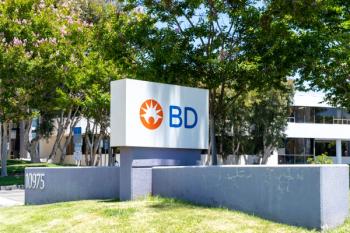
Eksigent Announces Korean Distribution Agreement
Eksigent has announced a new distribution agreement with Seoul-based Interface Engineering, a division of Bio-Medical Science Co., Ltd.
Eksigent has announced a new distribution agreement with Seoul-based Interface Engineering, a division of Bio-Medical Science Co., Ltd. The agreement covers sales and service of Eksigent?s NanoLC? and ExpressLC? HPLC product lines in Korea.Interface Engineering Co., Ltd. has been serving local clients and research partners since 1991 and is one of Korea?s leading companies in the analytical field, especially in pharmaceutical and environmental research markets. The company offers comprehensive distribution of scientific and laboratory systems to the Korean market, including products for sample preparation, chemical analysis and data management. In 2006, Interface Engineering joined the Bio-Medical Science Co., Ltd. family of companies, leading distributors of life science technologies in Korea.
?Eksigent is on a rapid international growth track and we are pleased to begin this push into Asia with Interface Engineering,? commented David Weber, Eksigent?s President and CEO. ?The addition of our micro- and nano-scale HPLC systems to their portfolio will help them better serve existing customers and expand into new applications.? ?We are excited to offer Eksigent?s advanced microfluidic technologies to the Korean market and we expect that these HPLC systems will be warmly received by Korea?s growing pharma, biotech, and life science research communities, said Sun Kim, President Bio-Medical Science Co.?
Newsletter
Join the global community of analytical scientists who trust LCGC for insights on the latest techniques, trends, and expert solutions in chromatography.




